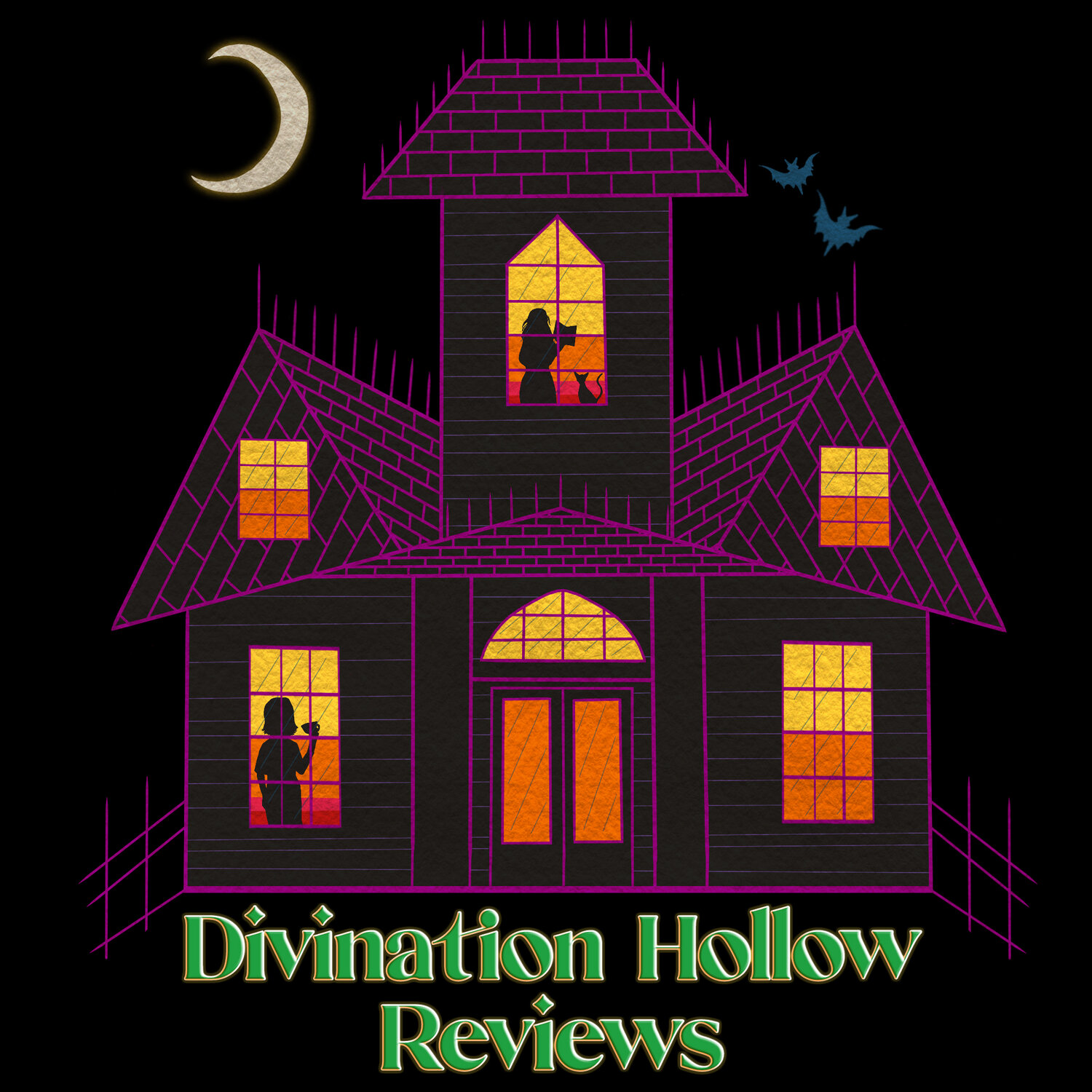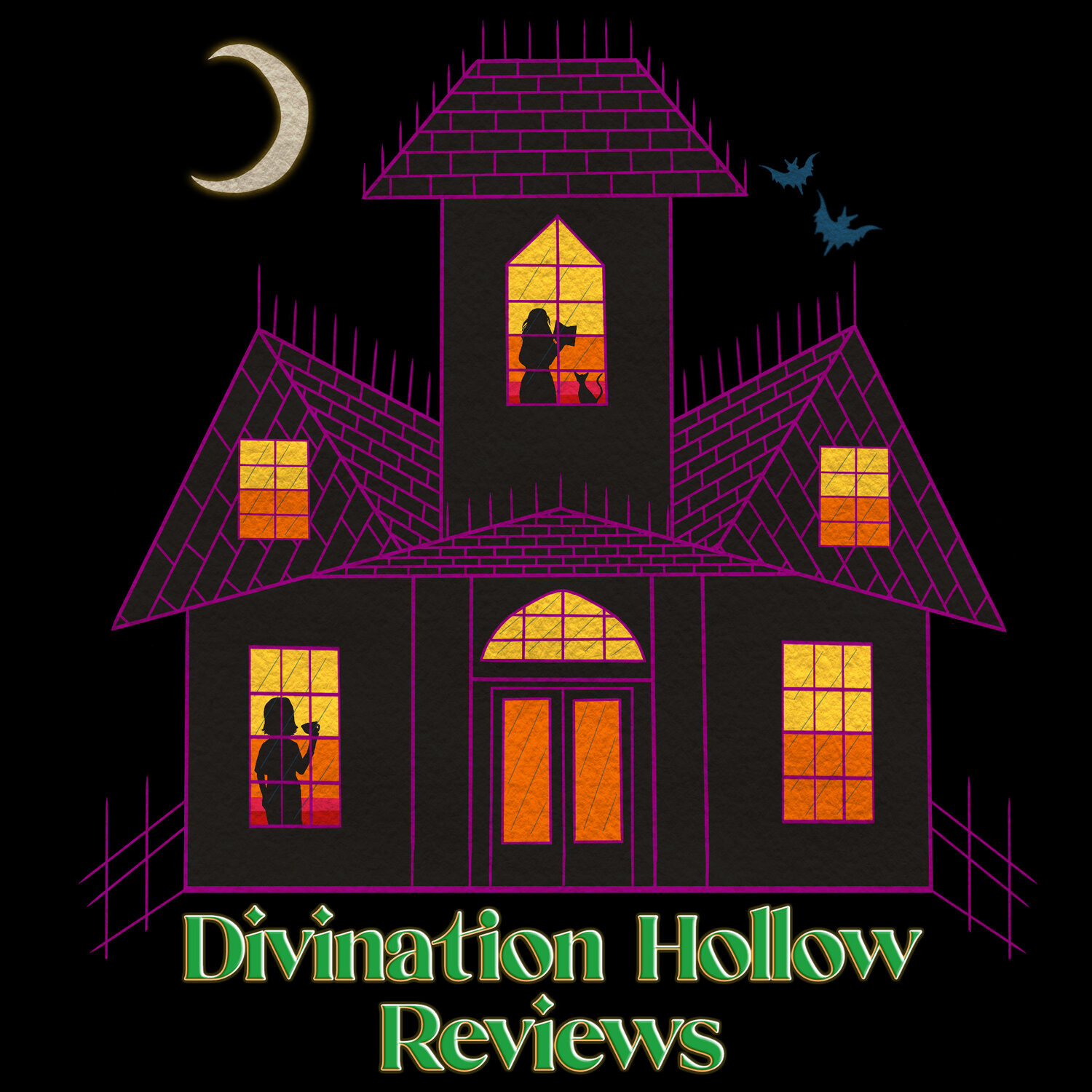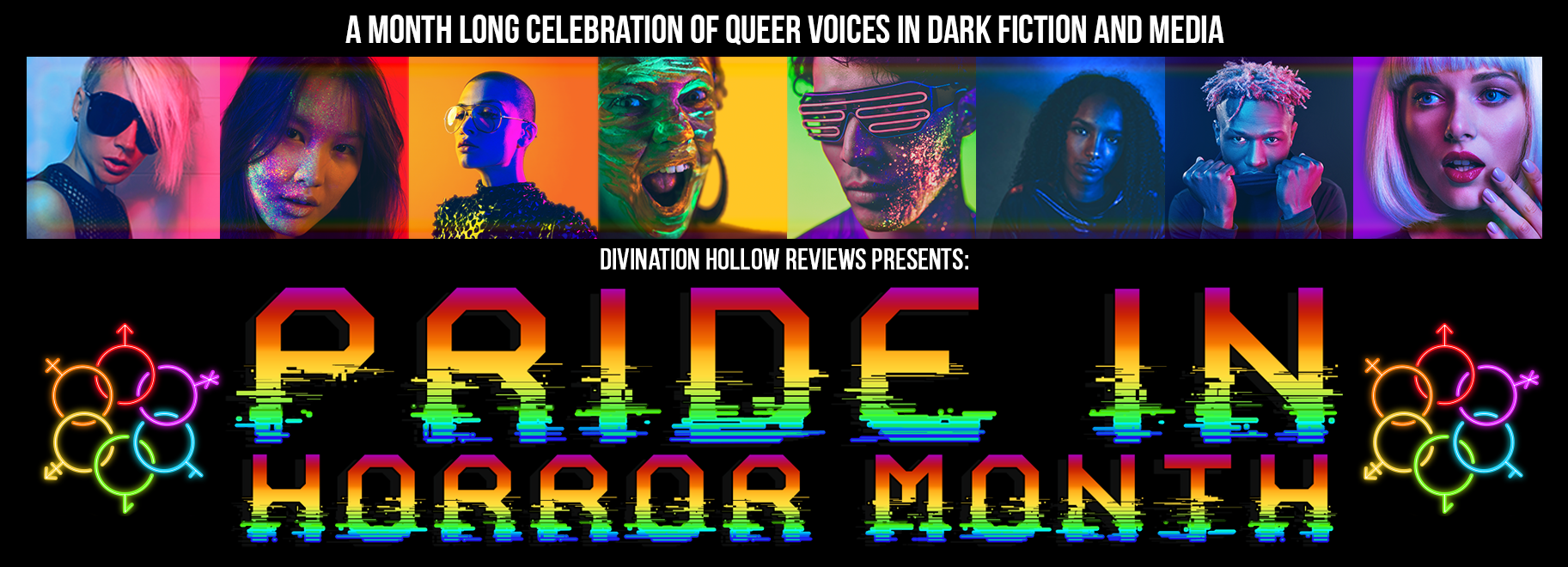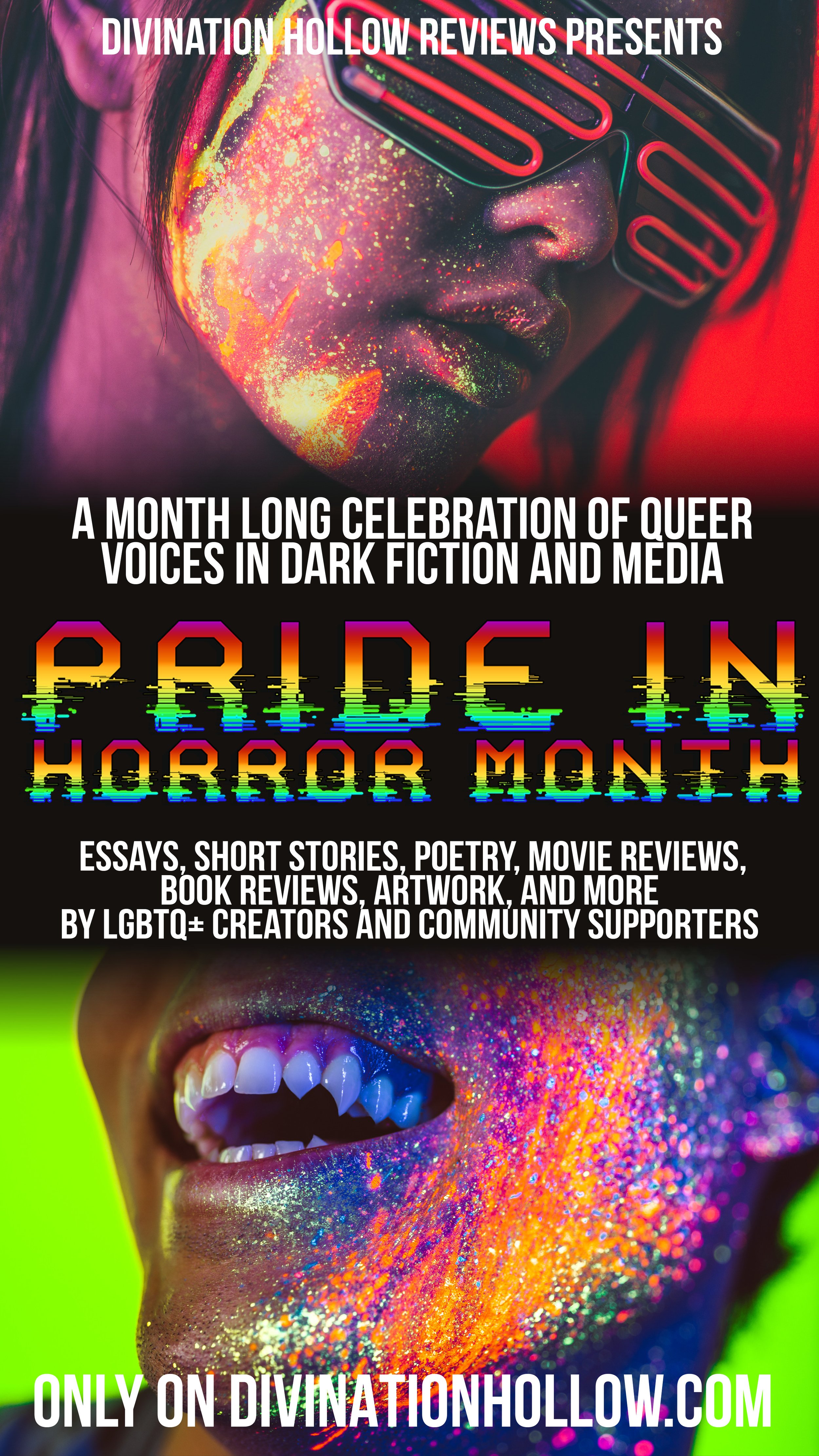PIHM: Interview with Dai Baddley
When I heard the DHR contributors would have the chance to interview one another for Pride 2024, I was pleased to have an opportunity to interview my fellow contributor, Dai Baddley. While I already know Dai has a compelling voice, a fantastic storytelling talent, adores the only real version of Martyrs, and is an avid baker, I was excited to get the chance to discuss new topics with him! What follows is taken from a lengthy video chat between the two of us where we discuss horror, writing, and community.
Dee (DHR): What do you think draws you towards cosmic horror, body horror, & gothic stories?
Dai: I think if we're linking it to Pride, then body horror is kind of related to a lifetime of having gender dysphoria on top of the fact, being from Western countries that this kind of mass induced body dysmorphia exists. I’ve always had this kind of fixation on the body and what's in the body.
On the cosmic end, the ultimate fear is fear of the unknown, and we don't really know much about the cosmos there. I take an interest in astronomy, and we're talking things on a scale that is beyond certainly my comprehension. It's a big, scary universe.
Where Gothic comes in, I'd say it's much more personal and human, because Gothic tends to be rooted in corruption, decay, and dirty secrets. This is a very British thing, but a lot of classic Gothic literature is very Imperialist, very colonialist, but, even then, it was showing the rot that was at the root of the rich and the institutions. It's the dirty secret aspect, or the past coming back to haunt you.
DHR: As a member of the LGBT community, how do you feel like horror has improved in portraying people within these communities? Any advice for improvement?
Dai: Well, keeping it from a trans perspective, I'm sure I don't need to go on about the historical representation of trans people or people who could be read as trans in horror, going back to Psycho, Dressed to Kill, Silence of the Lambs. Recently, I'm seeing more people finding community in horror though. We've been able to find community.
Related to what I said earlier about dysphoria, many of us identify with monsters or how monsters feel ostracized, which is a topic that gets covered a lot. Things are improving slowly. We're getting direct representation rather than having to kind of apply a queer reading after the fact. Going up in June on the site is my review of a Hannibal themed anthology, which is trans focused. It's about the obvious queer representation in Hannibal, like Margo Verger, but also expanding on reading Hannibal and Will as a love story. There's also some who read Will as a trans man. That's interesting to see that people in the community have connected in that way.
As for further improvement, the first thing comes to mind is more direct representation. It’s also worth mentioning that it's overwhelmingly white still, and that's something that needs to change. Horror still needs more queer and trans people in writers’ rooms, being cast, and being brought into discussions.
DHR: What were your main sources of inspiration for your piece in Sand, Salt, Blood?
Dai: Oh, the inspiration for that is essentially I'm a sucker for tragedy. Inspiration also comes from time I've spent at the seaside. If you ever come to the coast here in South Wales, it's dreary. You can get beautiful summer days at the seaside but what I've grown up with were grey days. There's this thing about the British seaside that it used to be where everyone would go on holiday. You might have seen Victorian images of it when it was all fun and colorful, but that started to die off when people could fly abroad. Now a lot of these once thriving seaside towns are becoming derelict and slowly dying off. There are still people in these places, but many are really deprived now. And it's all reflected with the wet; you can see it in the always grey skies and grey sea. I thought of that and how my characters are stuck. Essentially, Alex is stuck in time, the world has moved on without him, and he's not what he was anymore. It's in that general spirit of things.
DHR: Are you currently working on any new stories? If so, what is inspiring your next work?
Dai: I end up being drawn to folklore and mythology, obviously, being a classicist. Many things from local lore inspire me but I've got a whole list. One I'm in the process of researching is Black Annis. She is a witch local to Leicestershire, also known as Black Agnes or Black Anna, said to live in the witch hills to steal children and eat them. She's one of those witches who lives specifically in a bower by a great old oak tree in the Dane Hills. The earliest known written references from eighteenth century, but again, probably goes back further than that. I’ve also been looking into drawing more on the trans experience.
Another inspiration was from a nonfiction book I read recently, Underland by Robert Macfarlane. He's using travel writing as a kind of philosophy on humanity’s perception of deep time and human’s relationship with underground spaces over the years. I recommend it.
DHR: Is there anything Welsh that is creepy/ scary that you think folks outside of Wales should know about?
Dai: I recently picked up a book about ghosts of Wales. It talks about how Welsh ghosts are quite different. Welsh ghosts are formless essentially, or appear as a shape or light. I'd say it's more unique than you'd think. It's also the kind of Celtic mythology you'll find here. You'll find similar things in Ireland and Scotland or anywhere with a history of fairies and ending up in fairyland. Changelings, for example, they're malevolent forces. They're not cute, they're not friendly, and you want to avoid dealing with them if it's at all possible.
Coming from the countryside, I'm not usually superstitious, but sometimes you can be quite far out, looking into the woods, and you can feel like there's something that's not there. This came up in Underland as well. It talks about the idea of thin places coming from Celtic mythology. Where you're not quite in one place; you're not quite in the same world but essentially straddling two places. You feel it sometimes in the depth of the woods, when it's a bit foggy, or when you’re by the river and there's no one there. There’s a real sense that “maybe I shouldn't be here”.
If you’d like to know more about Dai, please check out his bio on our team contributor page! You can also listen to his excellent appearance as a guest on DHR’s companion podcast Esbat: A Bookish Podcast, that aired on April 25th, 2022, discussing Tell Me I’m Worthless by Allison Rumfitt. You can also check out his aforementioned review of a Hannibal anthology currently on the DHR site. Dai’s short story, “The Tide Will Bring Thee Home”, is published in the anthology Sand, Salt, Blood.



